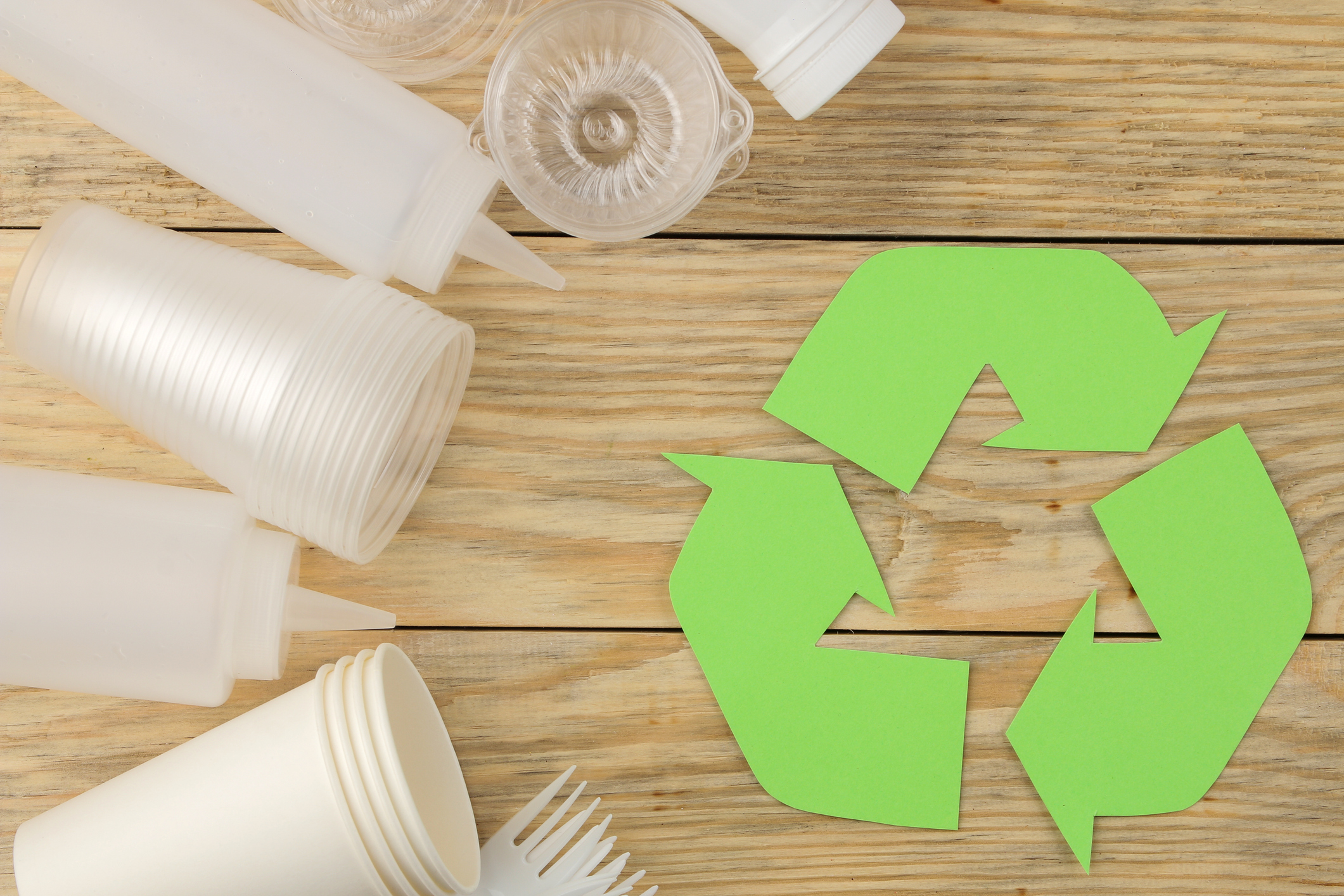U.S. Plastics Pact Celebrates Five Years Toward Circular Packaging

The U.S. Plastics Pact (USPP) has marked its fifth anniversary, underscoring a half-decade of collaborative efforts to transform the way plastic packaging is produced, used, and recycled. According to a statement from the organization, the initiative has brought together more than 100 companies, nonprofits, and government bodies since its founding in 2020.
It is reported that the USPP is part of a global network of 13 Plastics Pacts across multiple continents, representing over 900 organizations worldwide. Together, these pacts work to accelerate circular economy solutions and reduce plastic waste at scale.
Over the past five years, USPP member organizations—known as “Activators”—have reduced reliance on virgin plastic, expanded the use of recycled materials, and exceeded industry averages on several key sustainability metrics. These outcomes, according to USPP, highlight the impact of shared goals and transparent reporting.
Jonathan Quinn, President and CEO of the U.S. Plastics Pact, noted: “Over the past five years, we’ve seen what can happen when ambition meets action: companies innovating together, policies informed by real-world data, and systems built for impact. While we are proud of this progress, this milestone is also a call to action—we must go further, faster.”
As the organization shifts from its original “Roadmap to 2025” to the newly developed “Roadmap 2.0,” the next phase will focus on more ambitious targets and strengthening industry-wide accountability. Marcu Alexander, Director of Development & Strategic Initiatives at USPP, added: “Our work is rooted in transparency. We are deeply grateful to the Activators who have been with us since day one, and to those who have joined along the way.”
The five-year milestone comes at a time when regulators worldwide are tightening rules on single-use plastics and extended producer responsibility (EPR). In the U.S., several states have already adopted packaging legislation mandating recycled content and waste reduction, creating both challenges and opportunities for companies. Market analysts suggest that initiatives like the USPP play a vital role in helping businesses adapt to shifting consumer expectations, comply with emerging policies, and develop scalable innovations that can reduce plastic’s environmental footprint.
Looking ahead, the USPP plans to continue convening stakeholders across the plastics value chain, sharing tools, best practices, and data-driven insights to accelerate the transition toward a fully circular packaging system.
“Five years in, we are proud of what we’ve built—and even more motivated to keep going,” Quinn added. “The journey toward a truly circular economy for plastic packaging is ongoing, and the best is yet to come.”
Source: BUSINESS WIRE






